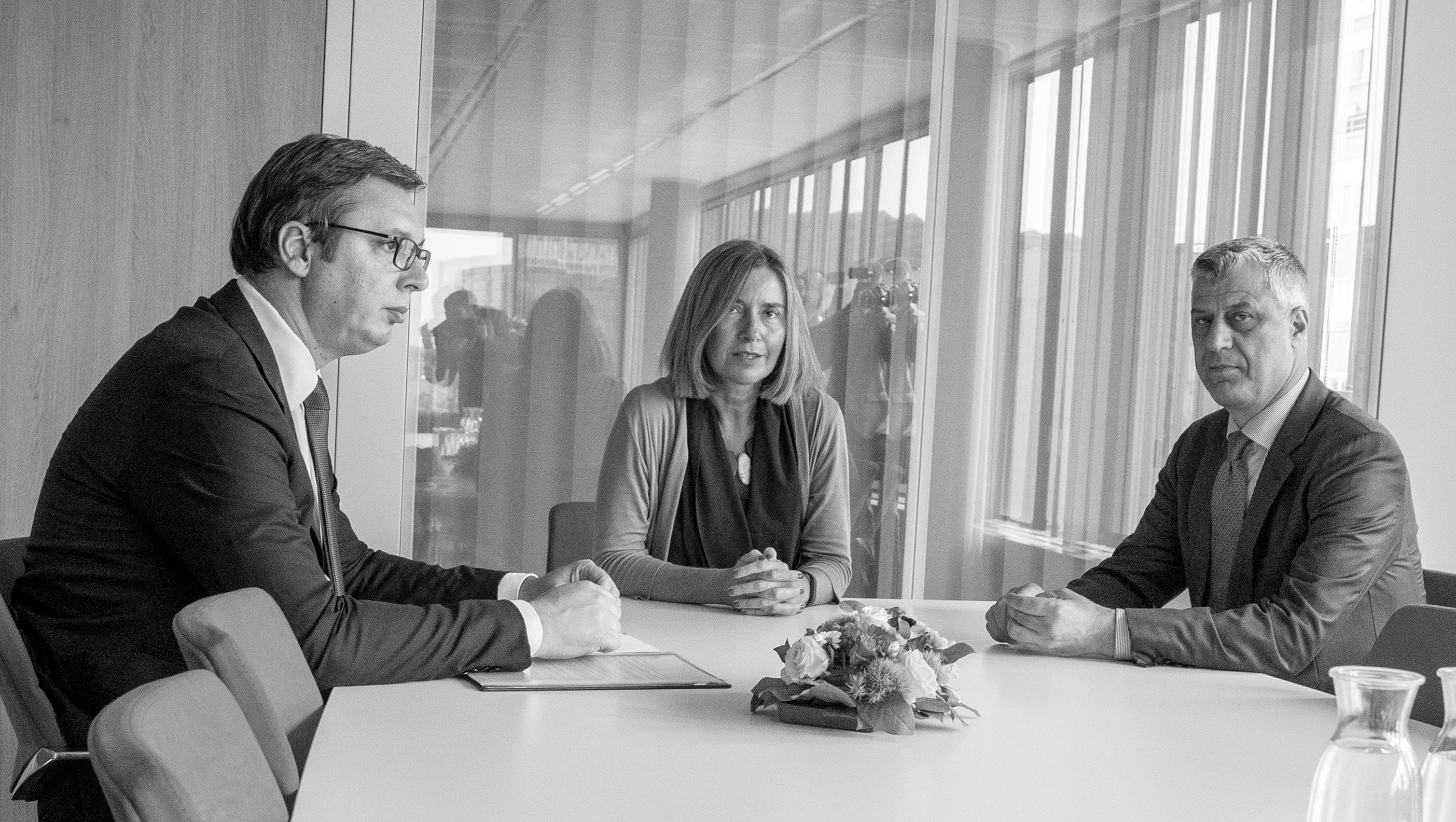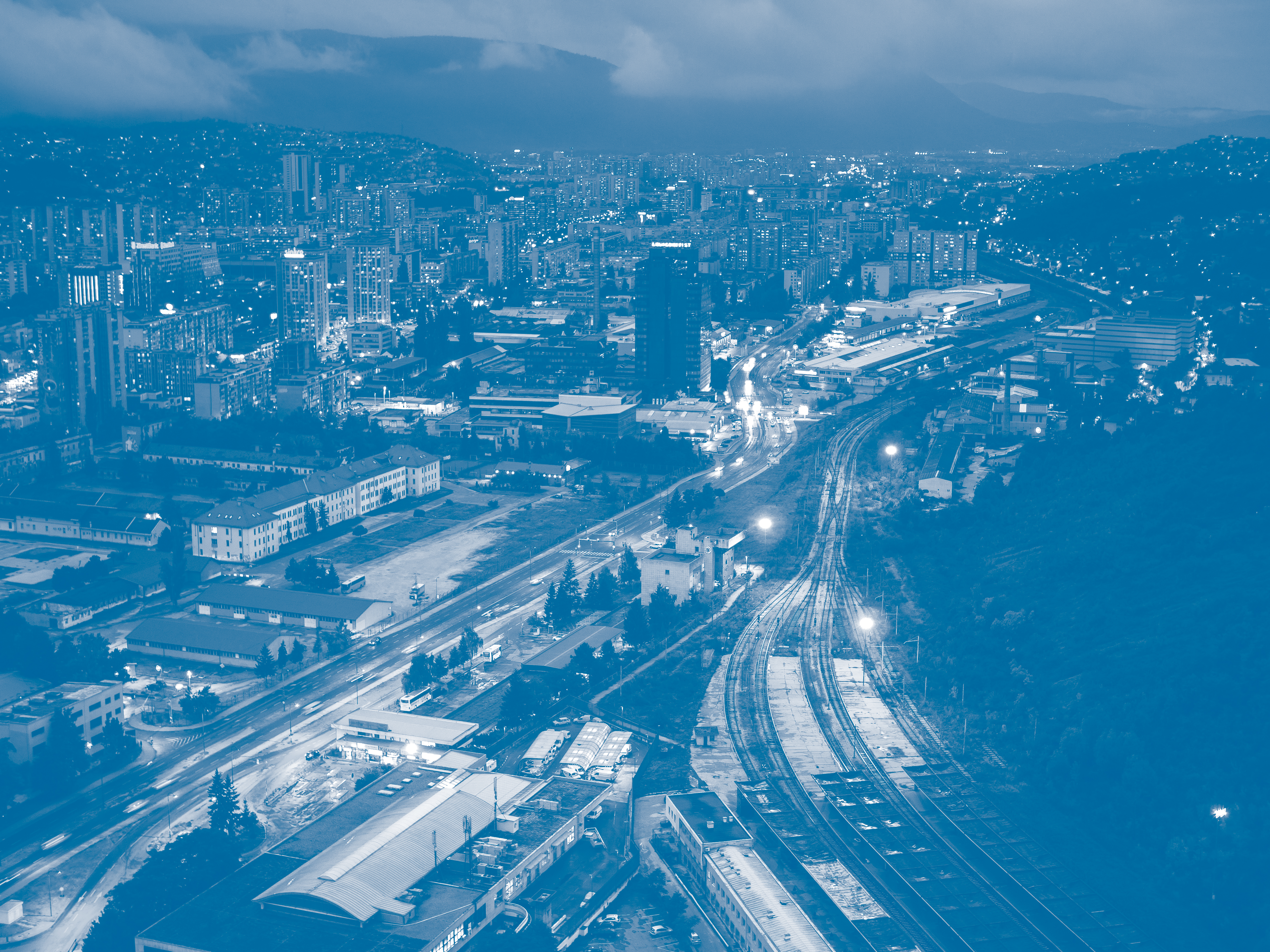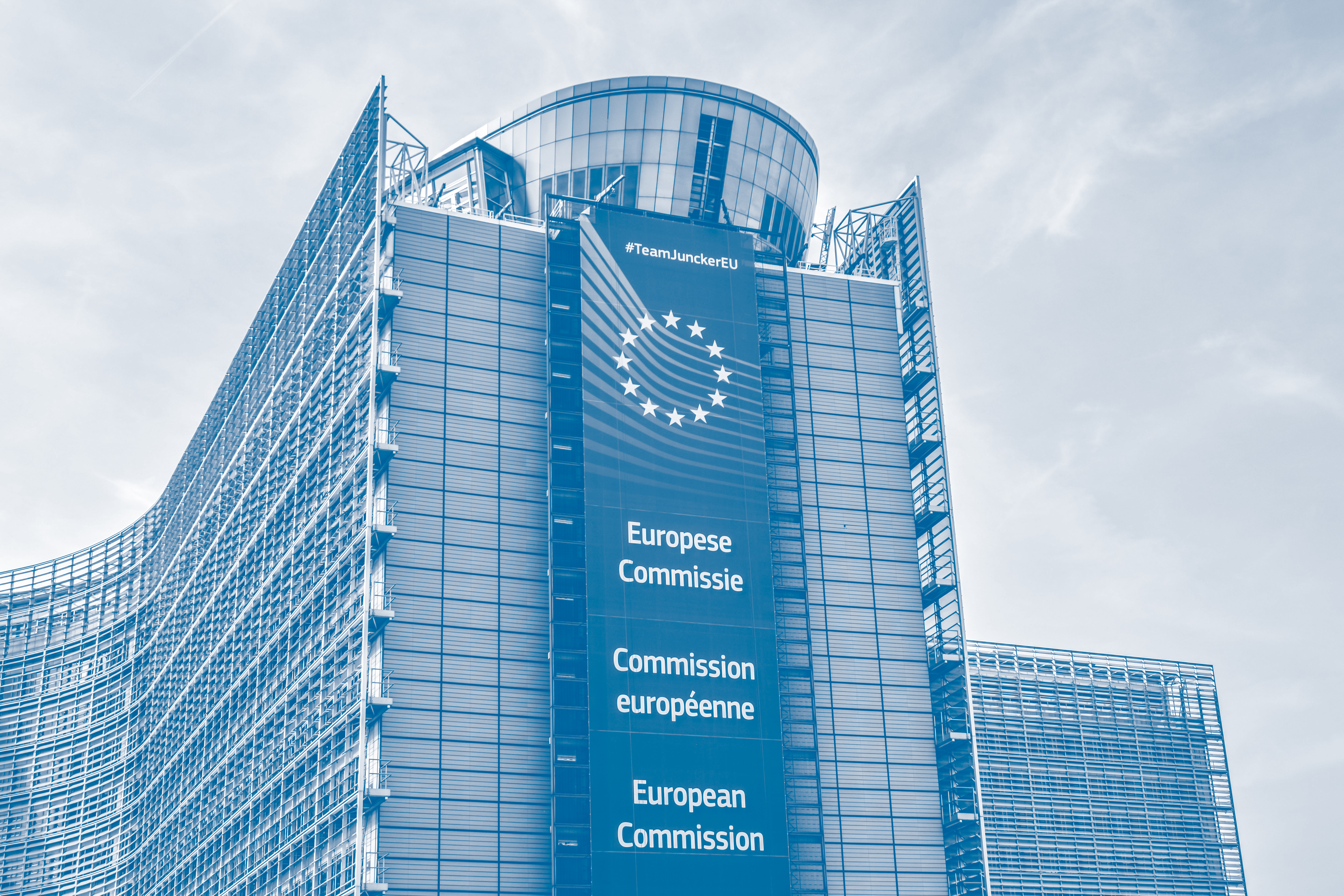Eastern Focus digital quarterly is launching a call for contributions to its fourth issue, dedicated to exploring The World After Tomorrow (i.e. how will the world change after COVID-19?) from a regional perspective. The whole issue will be framed around disruption/disruptive glocal trends (political, economical, geopolitical) and aims to anticipate the parameters of the post-pandemic new normal and their impact on the broader region. Articles that are focused on the structural trends with a long-term impact are prioritised.

By Zoran Nechev and Ivan Nikolovski | Skopje
In February 2018, the European Commission published its communiqué ‘A Credible Enlargement Perspective for and Enhanced EU Engagement with the Western Balkans’. The document offered an incentive to the countries of the region, especially to those that are already in the negotiation process such as Montenegro and Serbia.

By Srdjan Majstorović | Belgrade
The European Commission published its Country Report for Serbia in May 2019 assessing the country’s progress in the past year: it portrays a confusing picture of a country that is perceived as a frontrunner in the EU accession process, has been involved in accession negotiations since 2014, and which yet obviously lacks any drive to reform, ambition, capacities, and most importantly the results that could prove its advanced status.

By Dragan Koprivica | Podgorica
What are the accomplishments of the European integration process in Bosnia & Herzegovina, Montenegro, North Macedonia and Serbia? Despite being at different stages, the process has still not been able to sufficiently affirm the constitutional commitment of the tripartite division of powers in these states and bring about an equal balance between them. Respect for this commitment is of fundamental importance for the operation of both the political and the overall social system.

By Kristof Bender | Vienna
The EU accession process can inspire reforms, increase prosperity, strengthen democracy and help transform the politics of the Western Balkans. In order to achieve this, it needs to be credible and fair. It needs to provide clear guidance to politicians, inspire civil servants and help them to focus, and signal to civil society where a country stands in any given area of reform. Currently the EU accession process does not achieve this.

By Ana Maria Luca | Bucharest
In mid-February thousands of opposition supporters clashed with police in an anti-government rally against Albanian Prime Minister Edi Rama’s cabinet, demanding its resignation and early elections. Although Albania is set to start its accession negotiations with the European Union, Rama’s rule has backtracked in terms of democracy and the fight against corruption and organised crime.

